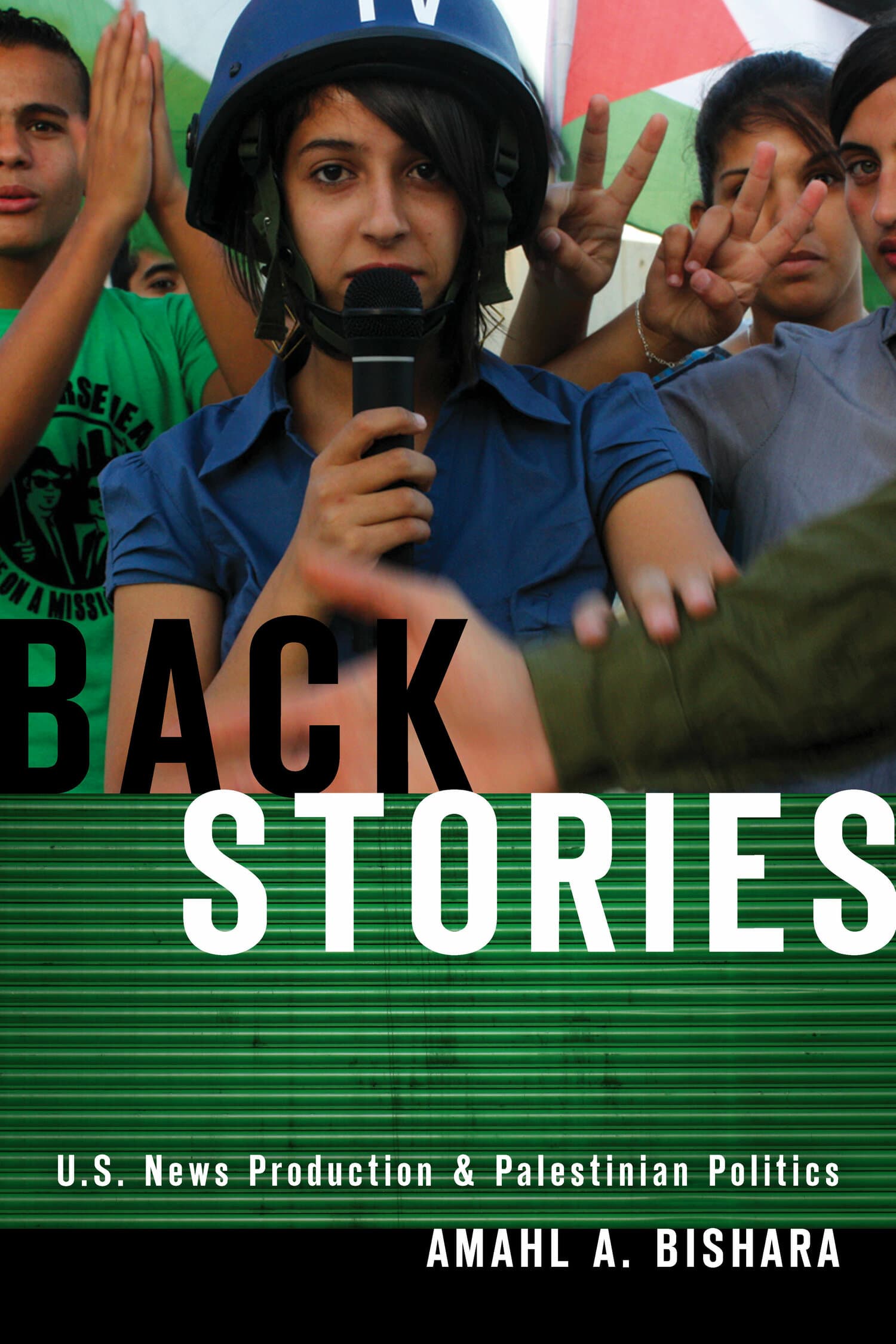Crossing a Line
Award Winner
2024: AMEA Bi-annual Book Award
Honorable Mention for the 2024 AMEA Bi-annual Book Award, sponsored by the Association for Middle East Anthropology (AMEA).

Palestinians living on different sides of the Green Line make up approximately one-fifth of Israeli citizens and about four-fifths of the population of the West Bank. In both groups, activists assert that they share a single political struggle for national liberation. Yet, obstacles inhibit their ability to speak to each other and as a collective. Geopolitical boundaries fragment Palestinians into ever smaller groups. Crossing a Line enters these distinct environments for political expression and action of Palestinians who carry Israeli citizenship and Palestinians subject to Israeli military occupation in the West Bank, and considers how Palestinians are differently impacted by dispossession, settler colonialism, and militarism.
Amahl Bishara looks to sites of political practice—journalism, historical commemorations, street demonstrations, social media, in prison, and on the road—to analyze how Palestinians create collectivities in these varied circumstances. She draws on firsthand research, personal interviews, and public media to examine how people shape and reshape meanings in circumstances of constraint. In considering these different environments for political expression and action, Bishara illuminates how expression is always grounded in place—and how a people can struggle together for liberation even when they cannot join together in protest.
"This riveting and remarkable book transforms our understanding of the fragility and perseverance of Palestinian collectivities separated by the violence of Israeli settler colonialism. Amahl Bishara's eloquent ethnography examines political and expressive relationships between communities affected differentially by 1948 and by 1967, and in the diaspora."—Lisa Lowe, Yale University
"In this deeply engaged ethnography, Amahl Bishara traces the varying modes and expressions of embodied protest among Palestinians fragmented across Israel's colonial geography. Offering a sensitive reading of Palestinian peoplehood and political difference, Crossing a Line brings social movement theory into critical engagement with settler colonial and native studies." —Rema Hammami, Birzeit University
"This critical examination of Palestinian life in Israel and under occupation is accessible to a wide audience and deeply revealing of the relationship between place, people, and politics. Recommended."—P. Rowe, CHOICE
"The very structure of occupation promotes atomization, which severely undermines the Palestinian cause. Bridging the divide among Palestinians, as Bishara and many others seek to do, is a necessary step in the way to a freer Palestine."—Marc Martorell Junyent, Informed Comment
"Crossing a Line serves as a reminder for those committed to anti-imperialism to look beyond the corporate window-dressing version of sovereignty, to unearth alternative and emergent projects for liberation that are more firmly rooted in lived experience."—Leila Kawar, Against the Current
"Bishara's ethnographic research, stretching over nearly two decades, has produced a meticulous study of Israel's continuing domination and steady appropriation through multiple forms of fragmentation, immobilisation, ghettoisation and violence.... Crossing a Line is an extraordinarily multi-layered and nuanced book in which she probes the particulars of the Palestinian experience and relates them to broader contexts of colonisation, dispossession, racism and violence within the USA and elsewhere."—Nancy Murray, Race and Class
"Bishara's ultimate gift to the reader is a comprehensive story of Palestinian life. To the Palestinian reader, it grows faith in our cause and fortitude. To others, it is an invitation to witness...: not in the hope of an immediate departures, but to stay with us long enough to learn how to traverse the colonial situation—the thing that makes reality unlivable—and find life again in the company of the joys and pains of others."—Eman Ghanayem, Public Books




